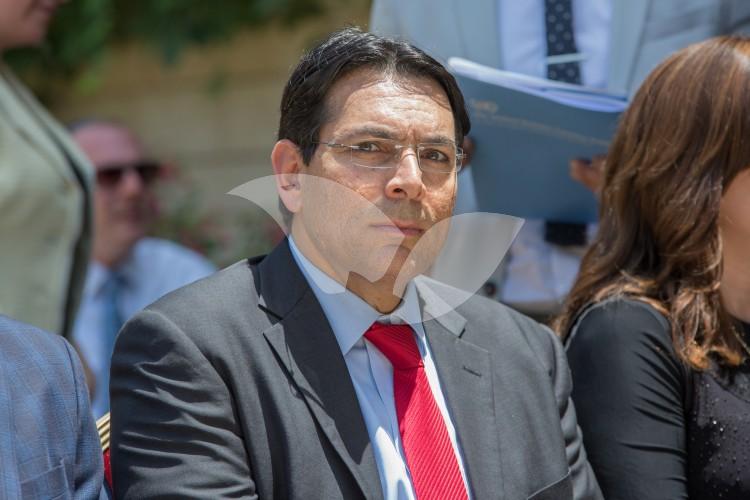All Eyes on US as Security Council Votes on 'Settlement Activity' Resolution
Jerusalem, 22 December, 2016 (TPS-IL) -- US President-elect Donald J. Trump called on outgoing President Barack Obama to veto a United Nations Security Council (UNSC) resolution demanding that Israel “immediately and completely cease all settlement activities in the occupied Palestinian territory, including East Jerusalem,” but Israeli diplomats in New York and Jerusalem are concerned that Obama could instruct Ambassador Samantha Power to abstain, or even to join, in a vote to approve the measure.
The draft resolution further stipulates that the construction of Jewish communities in Judea, Samaria and eastern Jerusalem has “no legal validity and constitutes a flagrant violation under international law and a major obstacle to the achievement of the two-State solution and a just, lasting and comprehensive peace.”
Spokespeople for Israel’s foreign ministry refused to comment on the resolution, but anticipating the vote, Education Minister and Jewish Home MK Naftali Bennett released a video statement Thursday saying ““Here in Israel we are at the forefront of the battle between radical Islamic terror and freedom […] we are out there fighting for you, for the free world. Whoever today supports a resolution against Israel is in effect raising his hand for the forces of evil.”
Permanent Representative of Israel to the United Nations Danny Danon similarly criticized the “anti-Israeli resolution” and described it as “the peak of hypocrisy.”
“It is absurd that at a time when thousands are being massacred in Syria, the Security Council is devoting time and energy to convene and discuss condemning the only true democracy in the Middle East. This resolution will do nothing to promote a diplomatic process, and will only reward the Palestinian policy of incitement and terror,”
At least one legal expert told Tazpit Press Service (TPS) that the vote could present significant problems for Jerusalem – whether or not the resolution is binding.
“Not all security council resolutions are binding,” said Prof. Robbie Sabel, former Legal Adviser to the Ministry of Foreign Affairs and expert in International Law. “For a Security Council resolution to be binding, the text must be adopted within the mandate of under Chapter VII, Art. 39 which demands the UNSC to determine ‘the existence of any threat to the peace, breach of the peace, or act of aggression.”
“Even if the resolution is non-binding, however, it would still carry the status of a recommendation which Israel could legally ignore, but it would also create a diplomatic storm,
It would obviously prove politically damaging,” Sabel concluded.
The UNSC vote follows on the heels of two UNESCO resolutions in October that omitted Jewish connections to the Jerusalem, as well as the controversial Legalization Bill, which passed a first reading in the Knesset plenum earlier this month, to retroactively legalize Jewish communities built on privately owned Palestinian land in Judea and Samaria.
Locally, all eyes were focused on the United States’ vote on the resolution. The State Department has not commented on the issue, and American diplomats in Jerusalem and Tel Aviv did not respond to email requests for comment.
But Israeli officials and pro-Israel lawmakers have been concerned for months that stalled Israel-Palestinian negotiations and combative relations between President Obama and Prime Minister Netanyahu over construction in the settlements might lead to a drastic anti-Israel US initiative prior to the inauguration of Donald J. Trump on January 20.
The United States has long been Israel’s sole backer on the Security Council, vetoing at least 28 one-sided resolutions since 1972, most recently in 2011.
Previous UNSC resolutions have already stated that the building and existence of Israeli settlements in the West Bank, East Jerusalem and the Golan Heights are a violation of international law, such as UNSC Res. 446 (1979) and UNSC Res. 465 (1980).


